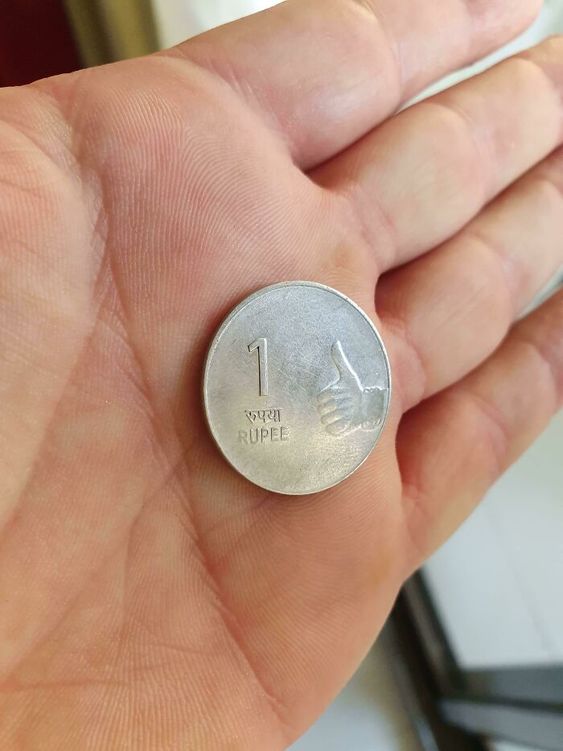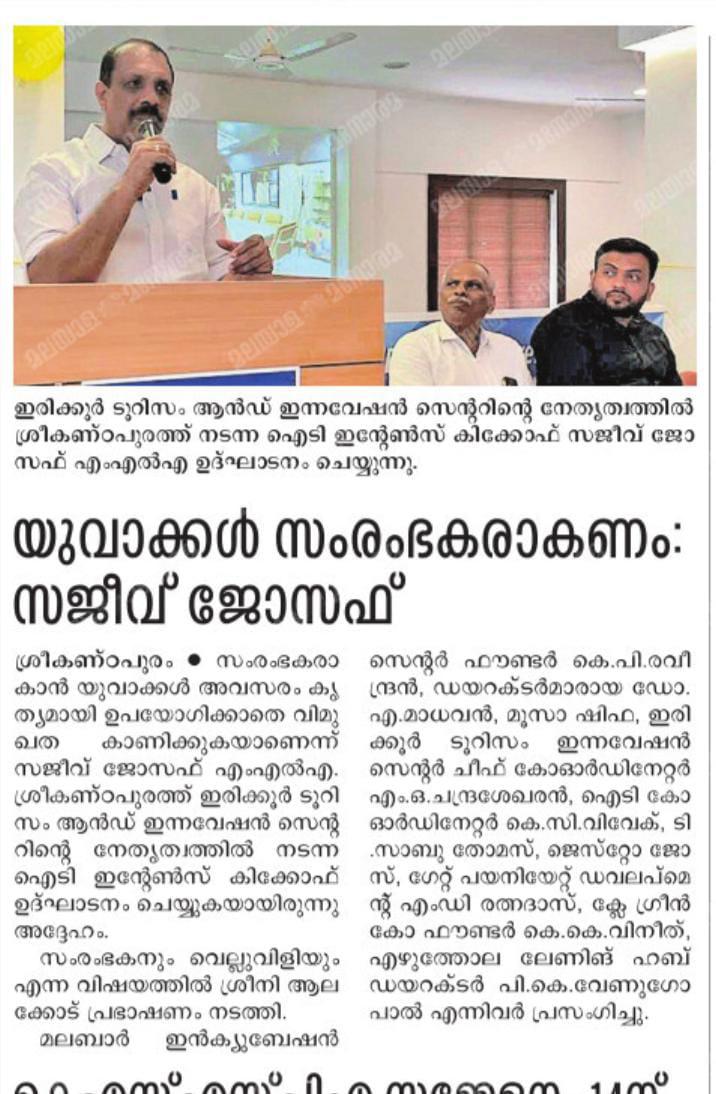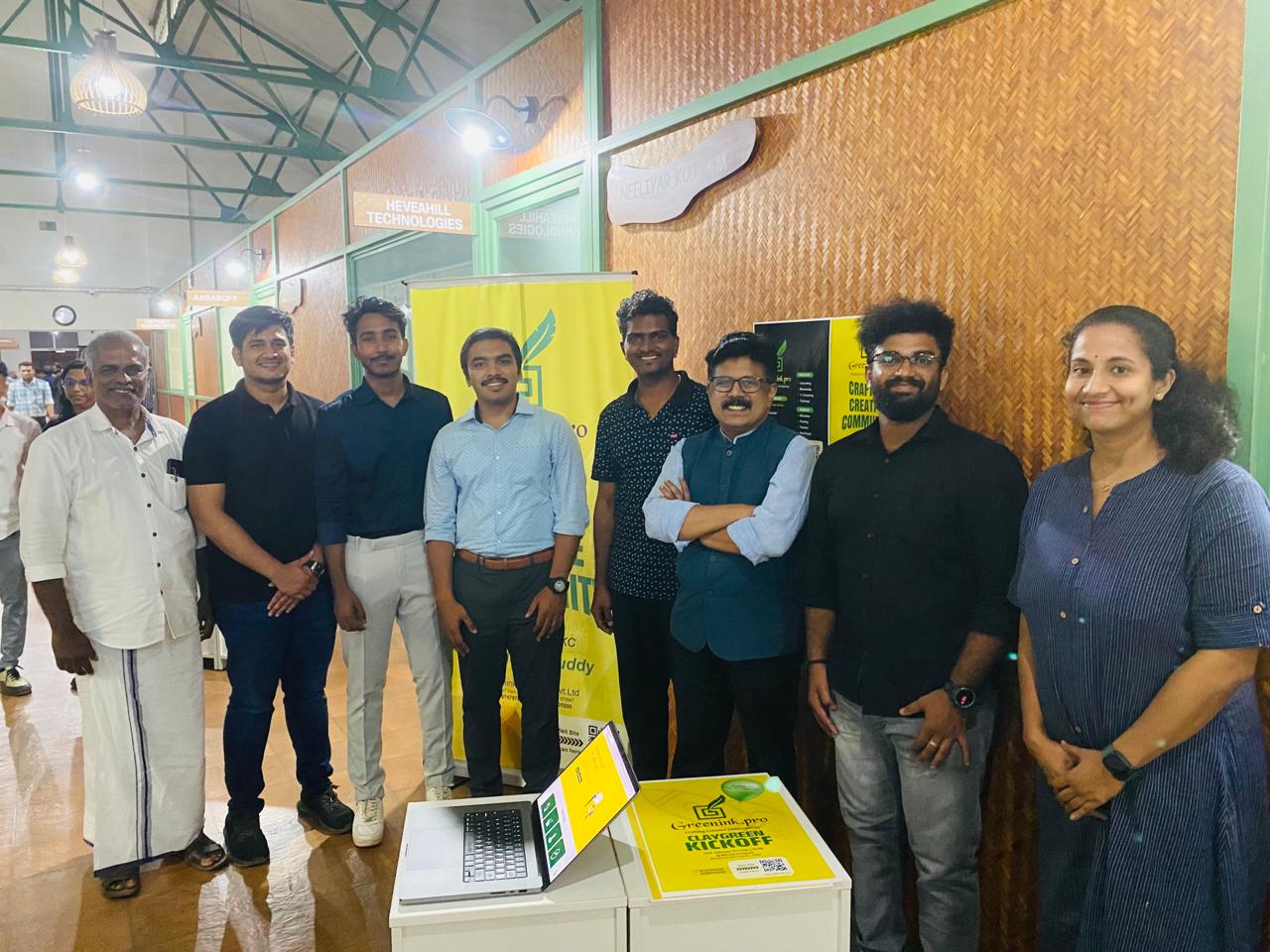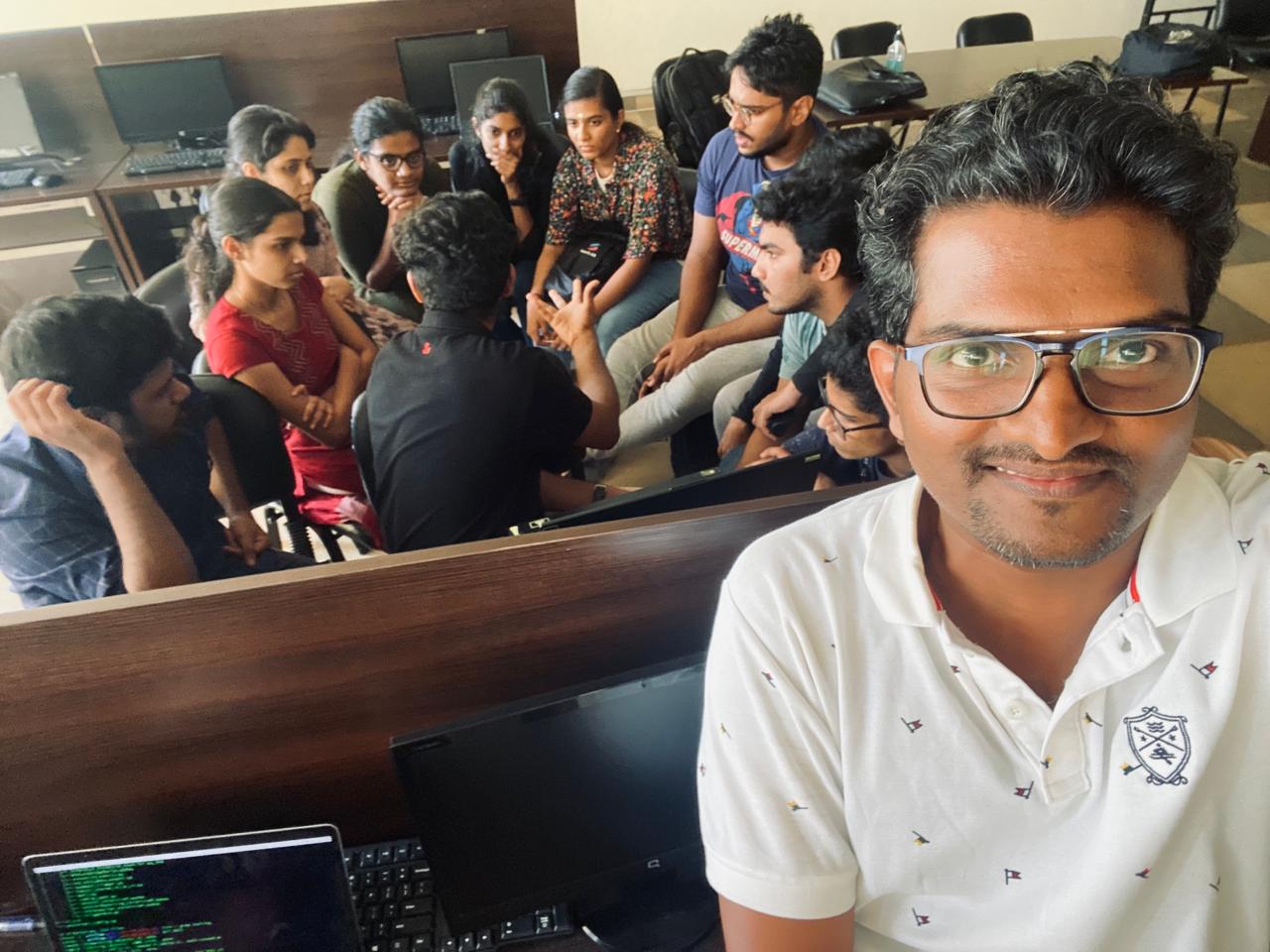Five pieces of advice for engineering graduates in their early twenties
1. Embrace Lifelong Learning: Continuously seek opportunities to expand your knowledge and
skills beyond what you learned in college. Stay curious, take courses, pursue
certifications, and engage in professional development to remain competitive in the
ever-evolving field of engineering.
2. Build a Strong Professional Network: Cultivate relationships with peers, mentors,
professors, and industry professionals. Networking can open doors to job opportunities,
collaborations, and valuable insights into different career paths within engineering.
3. Prioritize Work-Life Balance: While dedication to your career is important, remember to
make time for personal interests, hobbies, and relationships. Maintaining a healthy
work-life balance is crucial for overall well-being and long-term career satisfaction.
4. Develop Effective Communication Skills: Engineering skills are essential, but so are
communication skills. Practice articulating ideas clearly, whether in written or verbal
form, and hone your ability to collaborate effectively with colleagues from diverse
backgrounds.
5. Stay Resilient and Adapt to Change: The engineering field is dynamic, with technological advancements and industry trends constantly evolving. Be prepared to adapt to change, stay resilient in the face of challenges, and embrace opportunities for growth and innovation throughout your career journey.

How to prepare for a walk-in drive (where 1000s of applicants are coming)
It’s important to maintain a positive mindset and manage stress, especially in high-pressure situations like interviews. Here are five suggestions to help students stay entertained and manage hunger during interviews:
1. Prepare a Mindful Eating Plan: Encourage students to eat a balanced meal or snack before
the interview to help sustain their energy levels. Emphasize the importance of choosing
foods that provide lasting energy, such as complex carbohydrates, proteins, and healthy
fats. Additionally, practicing mindful eating techniques can help students savor their food
and prevent excessive hunger during the interview.
2. Engage in Relaxation Techniques: Teach students relaxation techniques, such as deep
breathing, progressive muscle relaxation, or visualization, to help reduce feelings of
hunger and anxiety before the interview. Encourage them to practice these techniques
regularly to build resilience and cope with stress more effectively.

4. Stay Hydrated: Remind students to stay hydrated by drinking plenty of water throughout the day leading up to the interview. Dehydration can exacerbate feelings of hunger and fatigue, so encourage students to carry a reusable water bottle with them and take regular sips to stay refreshed.
5. Distract with Positive Activities: Encourage students to engage in positive activities that can help distract them from feelings of hunger and nervousness before the interview. Suggest activities such as listening to music, practicing a hobby, reading a book, or chatting with a supportive friend or family member. Engaging in enjoyable activities can help shift focus away from discomfort and promote a more relaxed mindset.
Overall, it's important for students to prioritize self-care and well-being during the interview process. By incorporating these suggestions into their routine, students can better manage hunger and stress while remaining focused and composed during interviews.
Mastering the Walk-In Drive: Your Essential Guide to Success
Are you a graduating student eager to kickstart your career journey? The prospect of
participating in a walk-in drive, where thousands of applicants converge for coveted
positions, can be both thrilling and daunting. But fear not! With the right approach and
preparation, you can navigate this event with confidence and stand out from the crowd.
Here's your comprehensive guide to mastering the walk-in drive:
Research and Preparation:
Before the big day, invest time in researching the companies attending the drive.
Familiarize yourself with their values, culture, and the roles they offer. Tailor your
resume and cover letter to align with each company's requirements and showcase your skills
effectively. Practice common interview questions to hone your responses and boost your
confidence.
What to Expect:
Prepare yourself for a day of waiting and anticipation. Bring essentials like water, snacks,
and reading material to keep yourself comfortable during the inevitable downtime. Expect
multiple rounds of interviews, ranging from initial screenings to technical assessments and
HR interviews. Stay flexible and adaptable, as schedules may change unexpectedly.
Approach and Mindset:
Approach each interaction with confidence and enthusiasm. Make a memorable first impression
with a firm handshake, good eye contact, and a genuine smile. Maintain a positive mindset
throughout the day, visualizing success and staying focused on your goals.
Physical and Mental Well-being:
Take care of your physical and mental well-being throughout the day. Stay hydrated by
drinking plenty of water and fuel your body with nutritious snacks. Take breaks as needed to
rest and recharge, practicing deep breathing or mindfulness techniques to manage stress and
anxiety.
Standing Out in the Interview Process:
Set yourself apart from other candidates by showcasing your unique skills and experiences.
Be articulate and concise in your responses, demonstrating your ability to communicate
effectively and think critically. Ask insightful questions about the company and the role to
demonstrate your genuine interest and engagement.
Winning an Offer:
After the event, don't forget to follow up with a thank-you email or note to express your
appreciation for the opportunity to interview. Reference specific points from your
conversations or interviews to reinforce your interest and fit for the role. Be patient and
persistent as you wait to hear back from companies, and continue pursuing other
opportunities in the meantime.
Participating in a walk-in drive is just one step in your career journey. Stay resilient,
continue to learn and grow, and trust in your abilities. With determination and preparation,
you can seize the opportunities that await you. Best of luck!
Crafting a Winning Portfolio: Essential Tips for Job Drive Attendees


Are you gearing up for a job drive and wondering how to stand out among the sea of
applicants? One surefire way to make a lasting impression is by showcasing a stellar
portfolio. Whether you're a recent graduate or a seasoned professional, having a
well-curated portfolio can significantly enhance your chances of landing your dream job.
Here are some essential tips to help you craft a winning portfolio:
1. Define Your Purpose:
Before diving into creating your portfolio, take some time to clarify your goals and
objectives. What kind of roles are you targeting? What skills and experiences do you want to
highlight? Having a clear sense of purpose will guide you in selecting the most relevant
work samples for your portfolio.
2. Choose Your Best Work:
Quality over quantity is key when it comes to portfolio selection. Be selective and choose
only your best work to include in your portfolio. Focus on projects or achievements that
demonstrate your skills, creativity, and problem-solving abilities. Remember, your portfolio
is a reflection of your capabilities, so make sure to showcase your absolute best.
3. Diversify Your Content:
While it's important to showcase your strengths and expertise, don't limit yourself to just
one type of work. Include a diverse range of projects that highlight different skills and
competencies. For example, if you're a graphic designer, include samples of branding
projects, website designs, and print materials to demonstrate your versatility.
4. Provide Context and Insight:
Each work sample in your portfolio should be accompanied by a brief description that
provides context and insight into your process. Explain the goals of the project, your role
and responsibilities, any challenges you faced, and the results achieved. This will give
potential employers a deeper understanding of your thought process and approach to
problem-solving.
5. Keep It Organized and Easy to Navigate:
Presentation is key when it comes to portfolios. Keep your portfolio well-organized and easy
to navigate, with clear sections and labels. Use a clean and professional layout that allows
your work to shine without distractions. Consider creating both a digital and physical
version of your portfolio to cater to different preferences.
6. Seek Feedback and Iterate:
Before finalizing your portfolio, seek feedback from mentors, peers, or industry
professionals. Ask for honest critiques and suggestions for improvement. Use this feedback
to iterate and refine your portfolio until it's polished and ready to impress potential
employers.
7. Update Regularly:
Your portfolio is a dynamic document that should evolve over time as you gain new
experiences and skills. Make it a habit to update your portfolio regularly with your latest
work and accomplishments. This will ensure that your portfolio remains relevant and
up-to-date, reflecting your growth and progression as a professional.
Remember, your portfolio is your personal brand and a powerful tool for showcasing your
talents and capabilities. Put in the time and effort to create a portfolio that truly
represents who you are as a professional and sets you apart from the competition. With a
well-crafted portfolio in hand, you'll be ready to impress recruiters and land the job of
your dreams at the upcoming job drive.
Becoming the Top 1%: A Guideline for Excelling in Walk-in Interviews


Are you preparing to attend walk-in interviews and aiming to stand out from the crowd?
Striving to be among the top 1% of candidates can significantly increase your chances of
success. Here's a comprehensive guideline to help you excel in walk-in interviews and leave
a lasting impression on recruiters:
1. Research and Preparation:
- Thoroughly research the participating companies, their values, culture, and the roles they
offer.
- Tailor your resume and cover letter to highlight your relevant skills and experiences for
each company.
- Practice common interview questions and prepare concise, compelling answers that showcase
your strengths.
2. Confidence and Professionalism:
- Approach each interaction with confidence and professionalism. Make a positive first
impression with a firm handshake, good eye contact, and a genuine smile.
- Dress appropriately for the industry and company culture, projecting a polished and
professional image.
3. Effective Communication:
- Articulate your thoughts clearly and concisely during interviews. Practice active
listening and respond thoughtfully to questions.
- Showcase your communication skills by expressing your ideas, experiences, and
accomplishments effectively.
4. Demonstrate Value:
- Highlight your unique skills, experiences, and accomplishments that set you apart from
other candidates.
- Provide concrete examples and results to demonstrate the impact of your contributions in
previous roles.
5. Adaptability and Flexibility:
- Stay flexible and adaptable throughout the interview process. Be prepared for unexpected
questions or challenges and respond with poise and agility.
- Showcase your ability to think on your feet and adapt to changing circumstances.
6. Showcase Your Passion and Enthusiasm:
- Demonstrate genuine interest and enthusiasm for the company and the role. Share your
passion for the industry and your motivation to contribute to the company's success.
- Ask thoughtful questions about the company's goals, challenges, and opportunities to
demonstrate your engagement and curiosity.
7. Follow-Up and Persistence:
- Follow up with a thank-you email or note after the interview to express your appreciation
for the opportunity and reiterate your interest in the position.
- Stay persistent and proactive in following up with recruiters or hiring managers.
Demonstrate your commitment and eagerness to move forward in the hiring process.
8. Continuous Learning and Improvement:
- Reflect on your interview experiences and seek feedback for areas of improvement.
- Continue to refine your skills, expand your knowledge, and stay updated on industry trends
to remain competitive in the job market.
By following these guidelines and embodying the qualities of top performers, you can
position yourself as a standout candidate in walk-in interviews. Remember to stay focused,
confident, and persistent in pursuing your career goals. With dedication and determination,
you can achieve success and land your dream job.
Interview Etiquette: What Not to Say or Ask During Your Interviews

Navigating interviews can be challenging, and knowing what not to say or ask is just as
important as knowing what to say. Avoiding certain topics or questions can help you maintain
a positive impression and increase your chances of success. Here's a guideline on what you
should never say or ask during your interviews:
1. Avoid Negative Remarks:
- Never speak negatively about your current or previous employers, colleagues, or
experiences. It reflects poorly on your professionalism and attitude.
- Refrain from complaining or criticizing, even if you had challenging experiences in the
past. Focus on highlighting positive aspects and lessons learned instead.
2. Steer Clear of Salary Discussions Too Early:
- Avoid bringing up salary and benefits too early in the interview process, especially
during initial screenings. It's best to wait until the employer raises the topic or until
you have a better understanding of the role and responsibilities.
- If asked about salary expectations, provide a general range based on industry standards
and your experience level. Avoid being overly specific too early in the process.
3. Don't Focus Solely on Benefits or Perks:
- While it's natural to consider benefits and perks when evaluating job opportunities, avoid
asking primarily about vacation time, work-from-home policies, or other perks during the
initial stages of interviews.
- Instead, prioritize discussing the role, responsibilities, and how you can contribute to
the company's success.
4. Avoid Personal Questions:
- Refrain from asking personal questions unrelated to the job or company. Questions about
age, marital status, family plans, or political affiliations are inappropriate and may
create discomfort for the interviewer.
- Keep the conversation focused on professional topics related to the role, company culture,
and industry.
5. Don't Overshare Personal Information:
- While it's essential to build rapport with interviewers, avoid oversharing personal
information that is not relevant to the job or interview process.
- Maintain professionalism and discretion when discussing personal matters, focusing instead
on your qualifications, experiences, and fit for the role.
6. Avoid Generic or Cliché Responses:
- Steer clear of using generic or cliché responses to common interview questions. Provide
specific examples and insights that showcase your unique skills, experiences, and
achievements.
- Tailor your responses to each question and demonstrate your genuine interest and
enthusiasm for the opportunity.
7. Don't Speak Ill of Past Employers or Colleagues:
- Regardless of any negative experiences you may have had in previous roles, avoid speaking
ill of past employers or colleagues during your interview.
- Maintain a professional demeanor and focus on discussing your positive contributions and
achievements.
Remember, maintaining professionalism and tact during interviews is essential for creating a
positive impression on potential employers. By avoiding these common pitfalls, you can
present yourself as a confident, capable candidate who is respectful of the interview
process and eager to contribute to the company's success.
Understanding Your Salary: A Guide for Campus Freshers in South India


Congratulations on embarking on your journey into the professional world! As a campus
fresher, understanding your salary is crucial for making informed decisions about your
career. In South India, salary structures may vary depending on factors such as industry,
location, and company size. Here's a comprehensive guide to help you navigate salary
expectations and understand the components of your compensation package, including bonuses,
perks, and stock options:
1. Know Your Worth:
Before discussing salary expectations, research industry standards and salary benchmarks for
entry-level positions in your field. Websites like Glassdoor, PayScale, and LinkedIn can
provide valuable insights into average salaries for similar roles in South India.
2. Components of Salary:
- Basic Salary: This is the fixed portion of your salary and is typically the largest
component. It forms the foundation of your total compensation package.
- Allowances: These may include various allowances such as house rent allowance (HRA),
travel allowance, medical allowance, and other allowances specific to the company or
industry.
- Employee Benefits: Benefits such as health insurance, life insurance, retirement plans
(such as provident fund or pension), and leave benefits (such as paid time off and holidays)
are often included as part of the salary package.
- Variable Pay: Some companies offer variable pay components such as performance bonuses,
incentives, or commission based on individual or company performance targets.
3. Understanding Bonuses:
- Bonuses are additional payments awarded to employees based on individual or company
performance. They may be one-time or recurring and can significantly boost your overall
compensation.
- Types of bonuses may include annual performance bonuses, signing bonuses for new hires,
retention bonuses for staying with the company for a certain period, and sales commissions
for achieving sales targets.
4. Perks and Benefits:
- Perks are non-monetary benefits provided by employers to enhance the overall work
experience and employee satisfaction.
- Common perks may include flexible work arrangements, remote work options, employee
discounts on products or services, wellness programs, professional development
opportunities, and company-sponsored events or outings.
5. Understanding RSU/ESOPs:
- In startup and corporate ecosystems, companies may offer stock-based compensation such as
Restricted Stock Units (RSUs) or Employee Stock Ownership Plans (ESOPs) as part of the
compensation package.
- RSUs grant employees ownership of company stock after a vesting period, typically tied to
the employee's tenure with the company or performance milestones.
- ESOPs allow employees to purchase company stock at a discounted price, providing an
opportunity for ownership and potential financial gains as the company grows.
6. Negotiating Your Salary:
- When negotiating your salary, focus on the value you bring to the company, your
qualifications, and relevant experience.
- Be prepared to discuss your salary expectations based on market research and industry
standards. Consider not only the monetary compensation but also the overall benefits and
perks offered by the company.
Remember, your salary is not only a reflection of your skills and experience but also an
investment in your future growth and success. By understanding the components of your salary
and considering factors such as bonuses, perks, and stock options, you can make informed
decisions about your career and maximize your earning potential in the dynamic job market of
South India.






